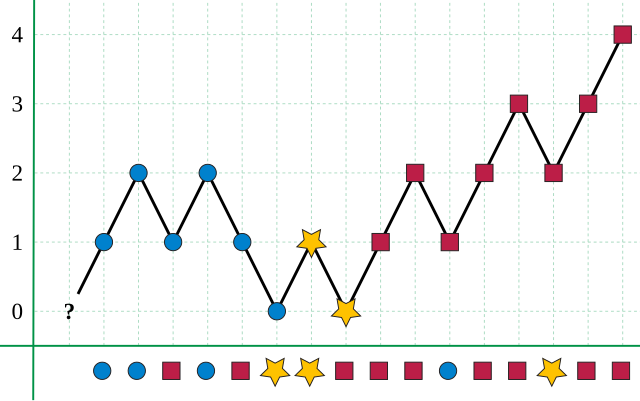
How Algorithms Shape Our Online World
Algorithms are everywhere in our digital landscapes and play an important part in our everyday experiences, whether it’s the social content we see or the products we’re shopping for. To enable this, many complex calculations are made using vast amounts of data to offer us personalised experiences based on our preferences and online habits.
Creators of algorithms can take inspiration from many sources. Google’s search engine algorithm ‘PageRank’, for example, was inspired by the principle of academic citations. Using the approach to rank websites by how many other sites link to it has made PageRank one of the most successful algorithms in the world.
Algorithms And Personalised Content
Algorithms help deliver tailored, personalised content. By collecting information on user online interactions such as clicks, read content, location and browsing history, algorithms can create a user profile to help predict the type of content a user would be interested in. They process large amounts of data to do this, and can even use a technique called collaborative filtering, offering content based on similar user profiles.
Popular platforms that utilise these techniques include social media platforms, which decide which posts and videos to show to keep a user engaged based on their previous interactions and views. Streaming platforms suggest new films or music based on past consumption, previous ratings and genres that fit the user profile. The use of algorithms are also highly popular in the field of targeted advertising and e-commerce.
Influence On Public Opinion
Algorithms have a significant impact on public perceptions and in areas such as politics. They can contribute to the creation of echo chambers, recommending content similar to what users have already interacted with, reinforcing pre-existing views and beliefs. Over time, this effect can lead to polarisation, where users are less likely to be exposed to opposing perspectives, thereby developing more extreme viewpoints. In the case of political campaigns, microtargeting can be used to target voters with highly specific messaging.
Ethical Concerns
As algorithms become more integrated into our everyday life, so does their ethical concern. The training algorithms receive can incorporate biases into their programming that can lead to discrimination and the promotion of inequality. Due to the large amount of self-learning and governance that algorithms have, there is often a lack of transparency or understanding on how they arrived at their decisions. There is also the issue of data privacy that arises from the vast amounts of personal data collected.
There are, however, large benefits to the use of algorithms and it’s expected that the future will bring with it increasingly personalised experiences, ethical auditing, job automation. Future algorithms developments are also expected to increase productivity and provide substantial benefits to many industries such as medicine, transport and finance.
If you are interested in studying Maths, Oxford Open Learning offer the chance to do so at several levels, listed below. You can also Contact Us.